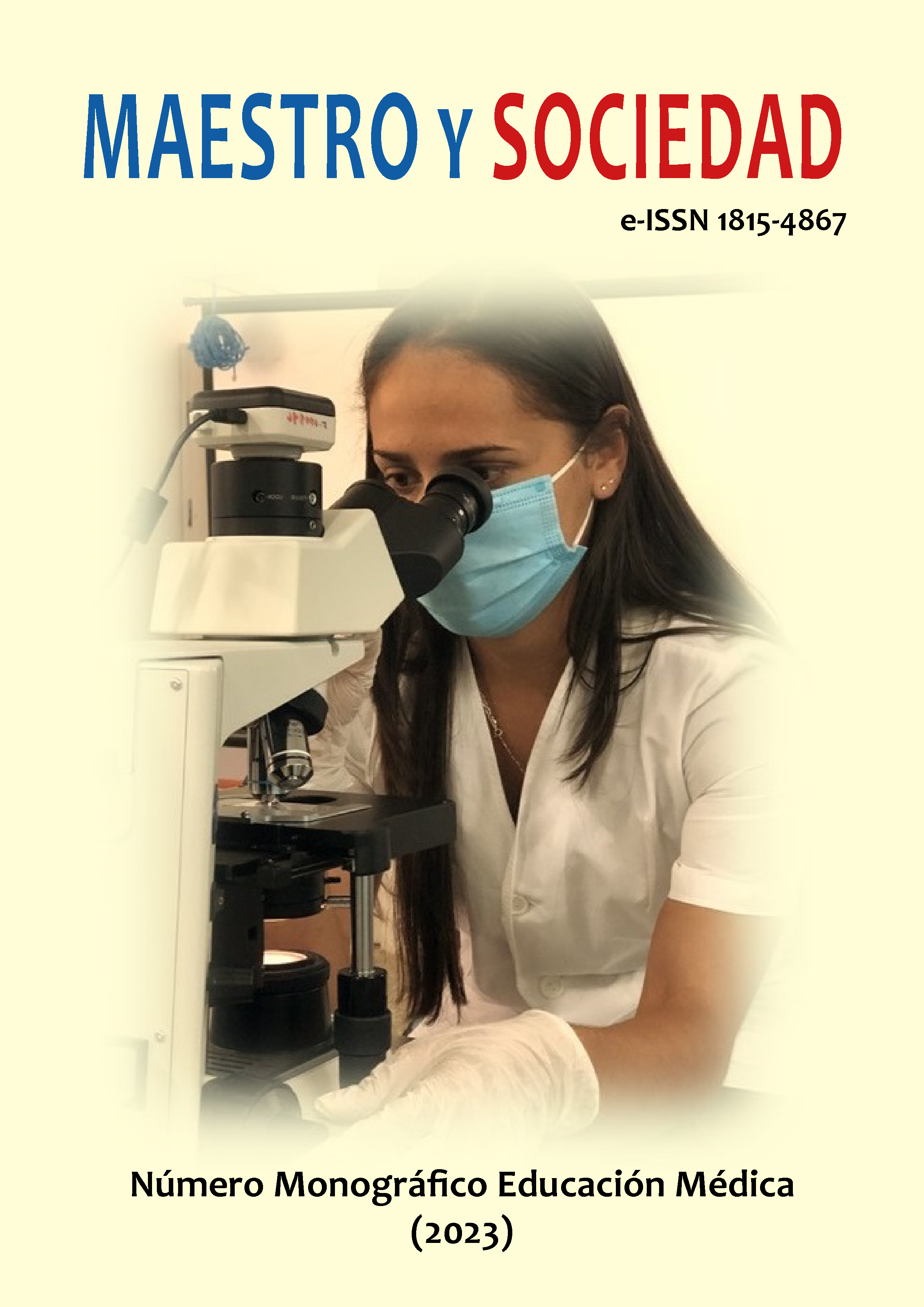Social Intervention Program for the political inclusion of people with disabilities in the La Esperanza Neighborhood
Social Intervention Program for the political inclusion of people with disabilities in the La Esperanza Neighborhood
Keywords:
disability, inclusion, politics, society, La Libertad cantonAbstract
Introduction: The general objective of this research is to design a social intervention program by identifying the process of political participation that allows facing the obstacles of political inclusion of people with disabilities in the La Esperanza neighborhood of the La Libertad canton. Materials and methods: This research work has a mixed approach, since the different objects were studied to understand the social life of the subject of collection and analysis of quantitative data, this will allow formulating the problem statement with clarity and objectivity between theoretical conceptions. of variables such as political inclusion and people with disabilities. Results: The results obtained are that people with disabilities generally do not attend to vote, nor are they considered important in their environment. Discussion: Social and political inclusion ensures that all people without distinction can exercise their rights and guarantees, take advantage of their skills and benefit from the opportunities found in their environment. Throughout history it has been heard on numerous occasions how people with disabilities were increasingly integrated into society thanks to plans, projects, actions carried out by associations representing different functional diversities. Conclusions: Concluding that they require assistance and help to move and exercise the vote.
References
CEPAL. (2019). Con la participación de personas con discapacidad en diversas actividades se llevó a cabo en la CEPAL la Semana de la inclusión. https://www.cepal.org/es/noticias/la-participacion-personas-discapacidad-diversas-actividades-se-llevo-cabo-la-cepal-la
Convención de las Naciones Unidas. (2020). Convención de las Naciones Unidas sobre los Derechos de las Personas con Discapacidad. https://www.coe.int/es/web/compass/convention-on-the-rights-of-persons-with-disabilities#:~:text=Las%20personas%20con%20discapacidad%20tienen,otras%20instalaciones%20y%20servicios%20p%C3%BAblicos.&text=Las%20personas%20con%20discapacidad%20tienen%20derech
CORTEIDH. (2020). Los derechos humanos de las personas con discapacidad. https://www.corteidh.or.cr/tablas/r31004.pdf
FLACSO. (2023). Inclusión y discapacidad. https://biblio.flacsoandes.edu.ec/libros/digital/56294.pdf
García, O. (2015). Ley General de derechos de las personas con discapacidad y de su inclusión social. Versión en lectura fácil.
La Segunda. (30 de 09 de 2019). Homofilia política. https://coes.cl/editorial-homofilia-politica/
Melo Zamudio, J. C., Hoyos Chavarro, Y. A., & Sánchez Castillo, V. (2022). Sistematización de la experiencia de circuito corto de comercialización estudio de caso Tibasosa, Boyacá. Región Científica, 1(1). https://doi.org/10.58763/rc20228
MIES. (2019). Inclusión económica y social. https://www.inclusion.gob.ec/mies-fomenta-la-inclusion-de-personas-con-discapacidad-a-traves-del-arte-en-napo/
Naciones Unidas. (2021). Plena inclusión. https://www.plenainclusion.org/discapacidad-intelectual/recurso/ciudadania-y-participacion-social/
ONU. (2022). Programa de inclusión en personas discapacitadas. https://www.un.org/development/desa/disabilities/wp-content/uploads/sites/15/2019/10/Mexico_Programa-Nacional-para-el-Desarrollo-y-la-Inclusi%C3%B3n-de-las-Personas-con-Discapacidad-2014-2018.pdf
Santana González, Y., Torres Rodríguez, O., Rodríguez Martínez, Y., Silva Albear, Y., & Oris Martínez, L. (2022). Acciones de atención psicológica durante la covid-19 a través del chat “Santiago se Levanta”. Revista Conhecimento Online, 1, 189–212. https://doi.org/10.25112/rco.v1.2737
Suquisupa, C. (2013). Proyecto para la implementación de un centro de atención integral para los/as adultos/as mayores y personas con discapacidad de la parroquia El Progreso, cantón Nabón. Cuenca.
Downloads
Published
How to Cite
Issue
Section
License
Copyright (c) 2023 Julia Dolores Gavino González, Mario Wilfrido Urgirles Pineda

This work is licensed under a Creative Commons Attribution-NonCommercial-NoDerivatives 4.0 International License.
This journal provides immediate open access to its content, based on the principle that offering the public free access to research helps a greater global exchange of knowledge. Each author is responsible for the content of each of their articles.



























 Universidad de Oriente
Universidad de Oriente 